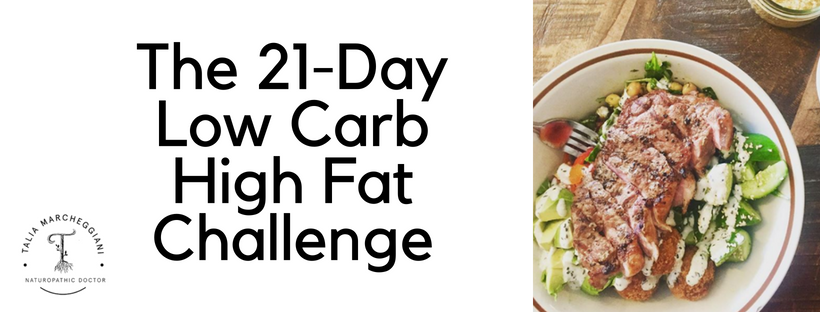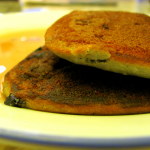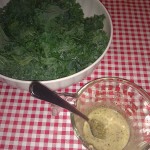 Introducing a 21-Day Blood Sugar Reset
Introducing a 21-Day Blood Sugar Reset
The Low Carb, High Fat or “Ketogenic” Diet has been touted as a health solution for weight loss, mental health, hormonal health, as well as a treatment for insulin resistance, diabetes, childhood seizures, migraines, and dementia.
It consists of eating foods like meat, fish, and non-starchy vegetables, and plenty of healthy fats from avocados, coconut, olives, nuts and seeds, while avoiding starchy foods like grains, legumes, fruit and root vegetables.
Our bodies and brains can use two main types of fuel: sugar and fat.
In this 21-day challenge we will teach our bodies to burn fat for fuel.
Some argue that fat is a “cleaner” fuel source than carbohydrates.
Ketone bodies, produced from fat have been shown to decrease inflammation, improve mitochondrial function—our cells’ power supply—and boost cognition. Ketone bodies also keep us full for longer, our brain sharp and focussed, and our energy abundant and sustained.
Many are introduced to low carb diets through their weight loss journeys. When we restrict carbohydrates, our bodies burn dietary fat and body fat for energy. Furthermore, less dietary carbohydrates means less insulin release. Insulin is our storage hormone, that prevents our bodies from breaking down fat, possibly impeding weight loss. When we cut out carbs we reduce our insulin levels, helping to heal insulin resistance, and helping our bodies shed fat.
To be perfectly honest, I don’t believe in diets,
particularly trendy diets that have names and followers, like groupies at a rock concert.
I believe that how we eat has a LOT to do with our individual biochemistry, our genes, our gut bacteria, our culture, our preferences, our job, our family, our free time, our individual health goals and health challenges.
Diet (or since diet is often a trigger word, but honestly all I mean by it is “way of eating”, or daily nutritional practice), is highly individualized. There is no one-size-fits-all diet.
HOWEVER, I do believe in resets.
I believe all adults could do well with a dedicated amount of time: 14 days, 20 days, 30 days, etc.: in which we really examine our relationship with food. In which we strip our diets down to the bare bones and examine our blood sugar, food sensitivities, food addictions, tendencies to emotionally eat, taste buds, etc.
After all, the human “diet” is essentially meat and vegetables. What happens when we strip all the fluff away? What might we discover about our bodies and minds? About our habits? About ourselves?
This way of eating restores metabolic flexibility, gets us burning fat for fuel (in addition to carbs when you add them back in after the 21 days). It helps us manage blood sugar, which is implicated in chronic stress, acne, diabetes, and hormonal disruption to name a few conditions and symptoms.
Obviously this challenge is not for those who struggle emotionally with food and need more one-on-one focused support, but it is an excellent way to be held accountable, to take on a challenge in which you’re given all the tools you need to do the discovery work.
You might discover that this is the best eating style for you.
You might restore your insulin sensitivity but discover that you need some carbs, or certain carbs, to feel your best.
You might discover hidden food sensitivities that have been plaguing you with inflammation for years.






